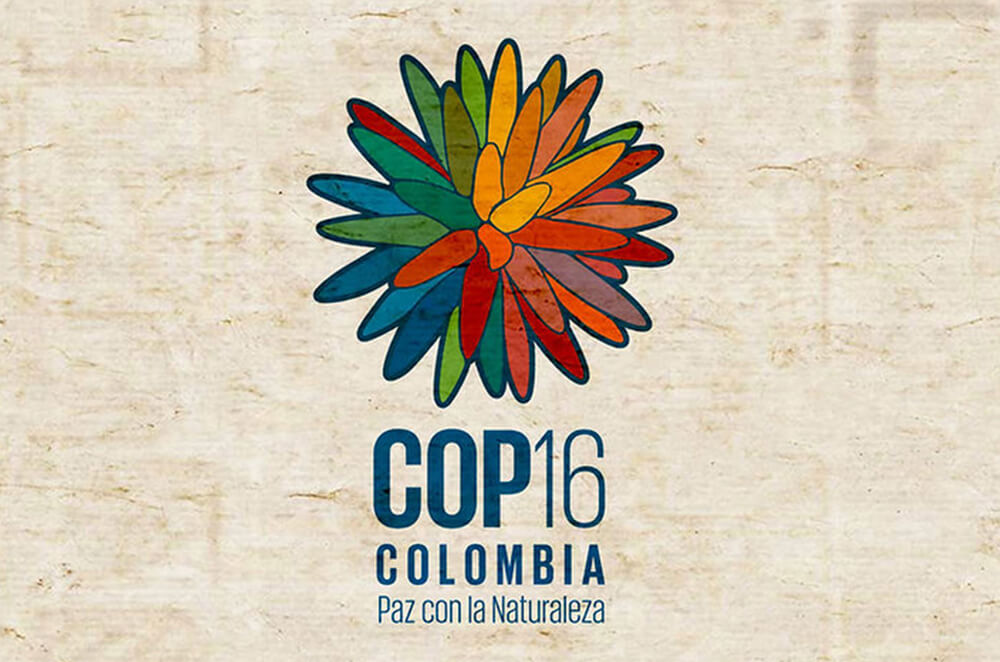Last week, the world gathered in Colombia for the 16th Conference of the Parties to the Convention on Biological Diversity (COP16). This year’s event took place in Cali, Colombia, one of the most biodiverse countries on the planet.
Colombia’s remarkable natural wealth includes over 67,000 species of plants and animals; with such a rich tapestry of life, the country provided a fitting backdrop for discussions about how to better protect our planet's ecosystems.
The theme of this year’s conference, “Peace with Nature,” served as a call to reflect on our relationship with the environment. As representatives from various countries came together, they focused on the pressing challenges of habitat loss, the protection of endangered species, and the preservation of the ecosystems that sustain all life.
Most importantly, COP16 aimed to transform the commitments made during the 2022 Kunming-Montreal Global Biodiversity Framework (GBF) into actionable plans. To meet the goals of the GBF, substantial funding is essential -and it was precisely on this front that attending nations could not come to an agreement.
Unresolved Issues and Notable Achievements
In fact, the conference concluded with discussions around funding for biodiversity protection stalled. Negotiations, which stretched late into the night, revealed significant disagreements on how to finance efforts to achieve biodiversity targets, which would require closing a funding gap estimated at around USD 700 billion.
As a result of these unresolved issues, COP16 did not officially conclude. Instead, participants will need to reconvene next year at an inter-sessional meeting to continue these vital discussions.
In spite of this disappointing outcome, COP16 did see meaningful progress in several key areas. Notably, participants agreed on a global levy on products that utilize genetic data from nature. This agreement could lead to one of the largest biodiversity conservation funds in the world, providing a crucial source of funding for environmental initiatives.
Another significant development was the formal incorporation of Indigenous communities into the UN biodiversity decision-making process. This inclusion was hailed as a "watershed moment" for Indigenous representation and recognizes the valuable insights and contributions these communities can make in protecting biodiversity.
Looking Ahead
As we reflect on the outcomes of COP16, it is clear that the journey toward a more sustainable relationship with nature continues. The discussions in Colombia underscored the urgency of addressing biodiversity loss and the importance of collaboration among nations.
While there are hurdles to overcome, the commitments made and the conversations sparked during this summit provide a foundation for future efforts. As it is, raising awareness was a key goal for the host country, and the general agreement is that in this aspect the conference was successful.
In the words of Susana Muhamad Gonzalez, President of COP16, “If we succeed in transforming our relationship with nature, as well as our production and consumption practices, and get collective actions to promote life instead of destroying it, we will be addressing the most important challenges of our time.”
In this way, COP16 served as a reminder of the interconnectedness of all living things and the necessity of working together to safeguard our planet. The road to get there is still proving bumpy, with cooperation and joint efforts from all nations as the only ways to smooth out the path. To achieve a future where humanity lives in harmony with nature, as Muhamad Gonzalez suggests, consensus must first be achieved amongst ourselves.

